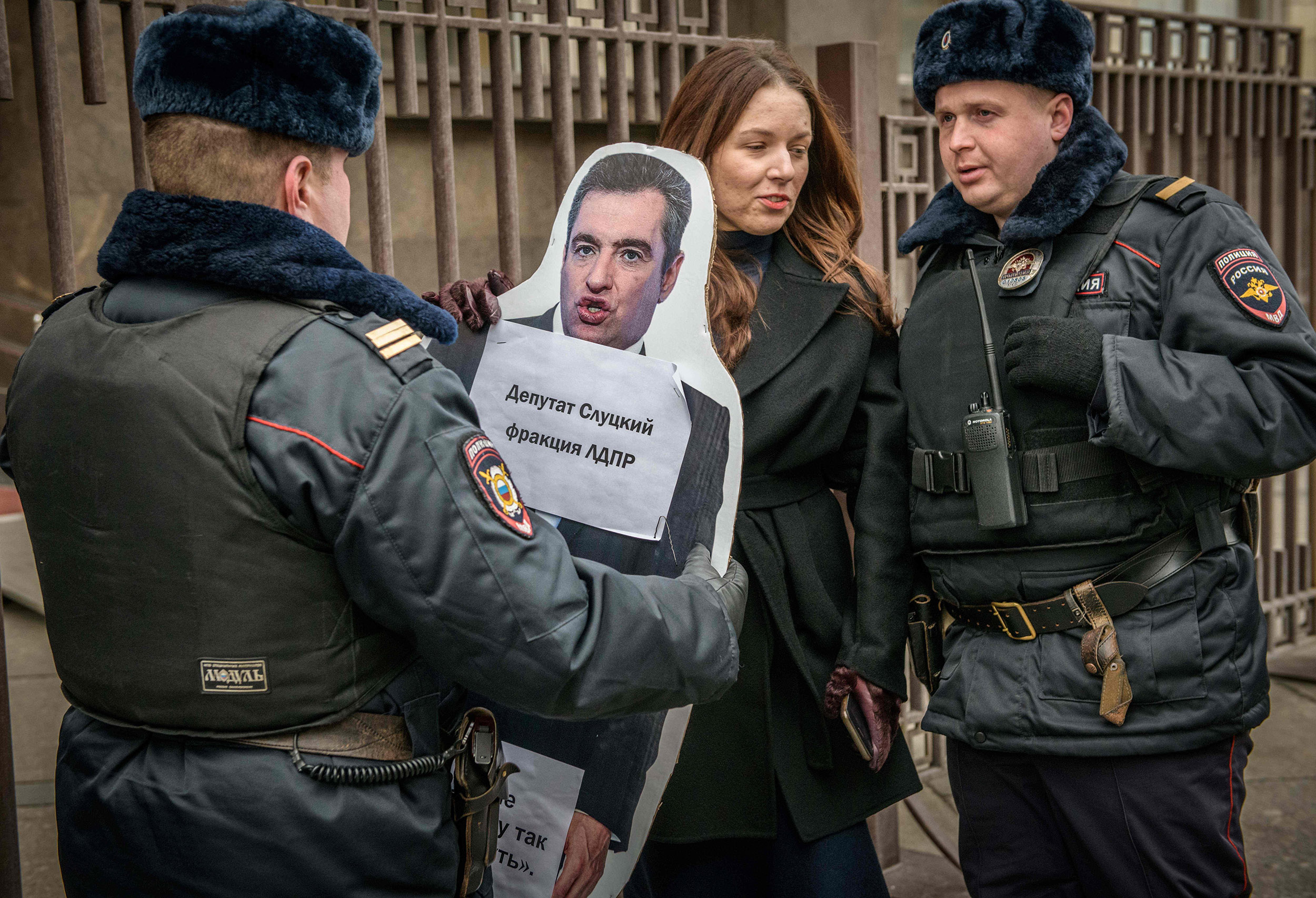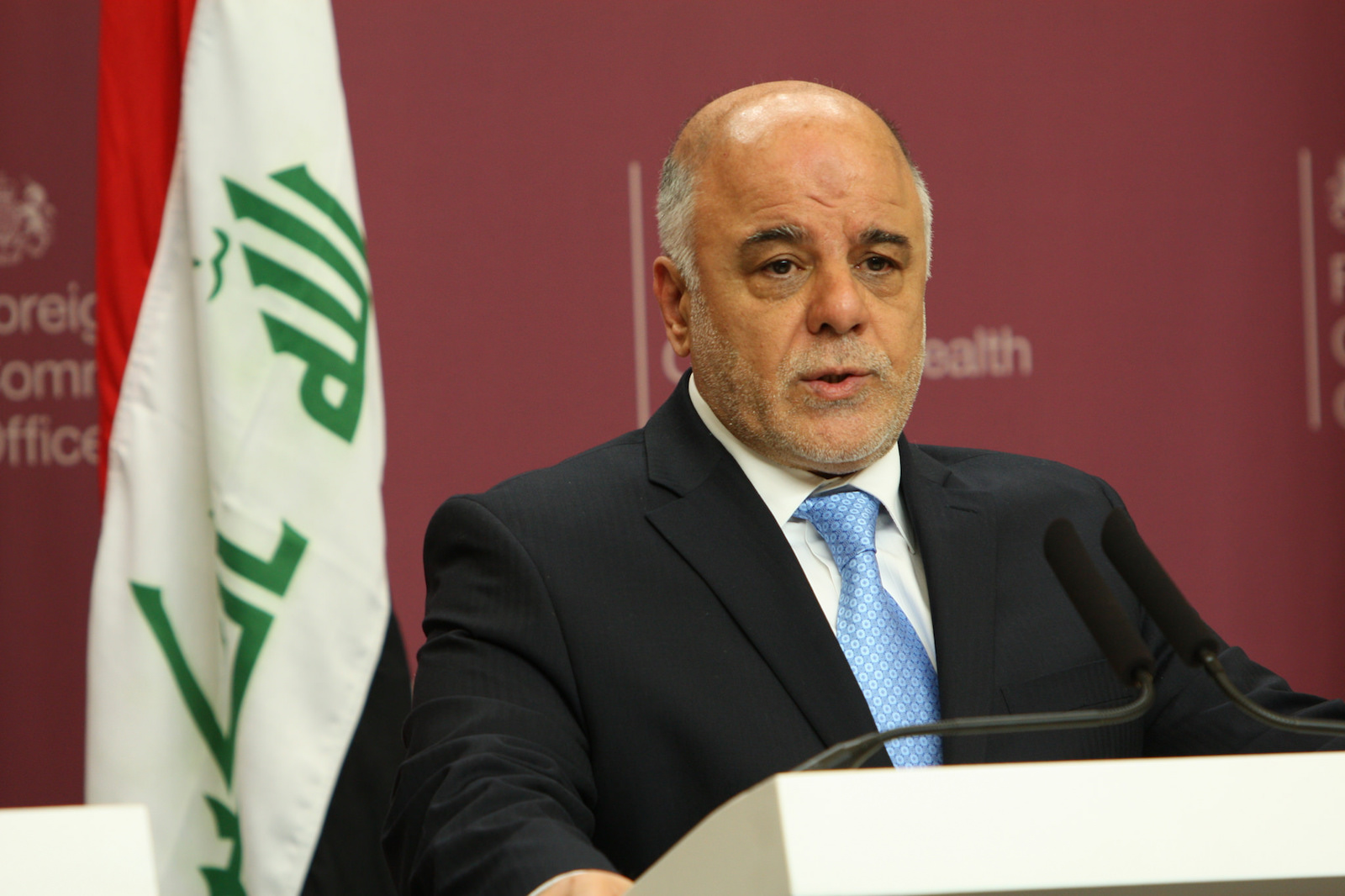Despite years of battles, violence against women is still a universal phenomenon persisting in all countries, and the perpetrators of that violence are often known to their victims.
According to a study conducted by the World Health Organization in 2013, 1 in 3 women around the world had experienced either physical or sexual violence. Today, domestic abuse continues to be frighteningly common and accepted as a norm within too many societies.
In addition to that, there is a lack of adequate legislation which criminalizes domestic violence. Along with issues in common international law, it hinders the progress toward reducing the number of domestic abuse cases.
Since 2001, April has been the month to raise sexual assault awareness in the United States. The annual campaign has been promoted by the National Sexual Violence Resource Center as an attempt to educate people on ways to prevent sexual violence.
“We know that one month isn’t enough to solve the serious and widespread issue of sexual violence,” NSVRC’s Laura Palumbo said in a statement, adding that the annual event serves as “a reminder that we can change the culture through the things we say and do each day.”
While in the United States victims of violence see more opportunities to stand up for themselves, in Russia the topic is still largely a taboo. However, with the rise of the #MeToo movement against sexual harassment, activists see momentum building for their fight against abuse.
Growing Complaints in Russia
After Russia adopted a law decriminalizing abuse in the family last year, the number of domestic violence complaints has skyrocketed. In 2017, according to Moscow’s human rights ombudswoman Tatyana Potyaeva, familial abuse appeals have grown by 27 percent, making up over half of all physical abuse complaints.
The law, signed by Russian President Vladimir Putin in February 2017, decriminalized some forms of domestic violence, unrelated to serious injuries. For example, abuse that does not result in broken bones, and does not occur more than once a year, is no longer punishable by long prison sentences.
The punishment carries a fine of up to 30,000 rubles ($ 488), an up to 15 days arrest, or compulsory community service for up to 120 hours. In cases of repeated assaults, a defendant faces a fine of up to 40,000 rubles ($ 650), compulsory community service for up to six months, or being held under arrest for up to three months.
Alena Popova, a Russian social and political activist, told The Globe Post that the merge between mass media and authorities have further complicated the situation with violence in the country.
“In Russia, the state and the media became one system. Our civil servants and politicians have very conservative views. They believe that there is nothing terrible in harassment. Even more, without harassment, families would not be created, as they think,” Popova said.
“Since the main media are under control of these people, these ideas are constantly broadcasted to the whole society. This approach needs to be changed. It is necessary to explain to the public why this is bad,” she noted.
On April 12, Popova and another activist were found guilty of staging an unlawful protest in front of the State Duma. They were urging the public to take seriously their campaign against Russian parliamentarian Leonid Slutsky, who was facing sexual harassment allegations.
Since the scandal with Slutsky begun, Popova decided to urge people to take to the streets in central Moscow to protest against sexual harassment.
“in recent years, nothing has changed. Global progress is pulling in one direction, while Russian officials and their media are pulling in the opposite direction,” she said.
According to the prominent women’s rights campaigner, if a woman becomes a victim of domestic violence or harassment in Russia, she remains silent.
“If she starts to speak, then there is a high probability that she will be accused of being guilty. The police are trying not to deal with such crimes. Therefore, silence and patience are what the victim chooses,” Popova concluded.
While the future of women’s rights may seem dark in Russia, Margret Satterwaite, a human rights advocate and criminologist, is optimistic.
“in the past 3-4 years, things began to change, and a breakthrough in the attitude has started. It’s not half as horrible as it was ten years back, when I arrived and I found myself alone; now it’s so much debate about this,” Satterwaite, who is Russia-based now, told The Globe Post.
Satterwaite, who lectures at the Police Academy and teaches psychology at the University of Psychology in Moscow, has seen an improvement in people’s attitude. She said the public is becoming much more literate about what sex violence is.
“They still blame the victims largely, but you can find educated psychologists now that understand, and this was completely absent ten years back,” she said.
Satterwaite noted, however, that it is still extremely hard for male victims of violence to seek justice in Russia.
“I can say absolutely every woman has suffered sexual violence in Russia, and probably also a lot of men. For them, it’s much more difficult than for women, as they are completely stigmatised and in case of denouncement, they will be humiliated even by the police.”
Things are slowly changing, however, and victims like Lyuba, who talked to The Globe Post, speak out more and more often.
Lyuba, a former policewoman, suffered from psychological violence inflicted by her boss. For five years, she managed to resist against her superior’s advances, but as a result, she had to listen to insults and forced to resign.
“Here in Russia people are not used to talking about violence. I did not want to quit my job and change my life, but I wanted to talk about what happened to me and defend myself, even if no one seemed to be able to understand,” Lyuba said.
The paradox stressed by Lyuba underscored the current complex situation when even her colleagues from the police department did not want to provide her any help. At the moment, however, she is happy to share her experience, repeating that she has never thought of giving up.





















